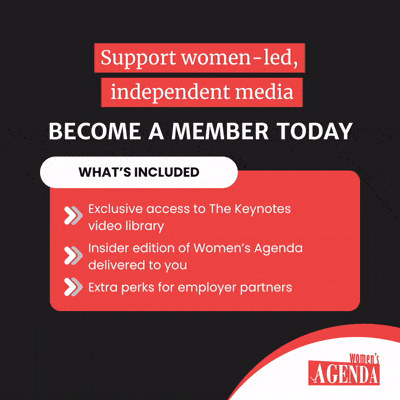If you’ve been a woman in business for any length of time, it can get to a point where the temptation to take the stilettos off, rub those sore feet and shove a pair of shabby old ugg boots on is overwhelming. For women in leadership roles in Australia, the constant battle to unglue our feet from that sticky floor of workplace inequality can get incredibly tiring. The infamous glass ceiling is still firmly in place, and unless we understand a few crucial home truths it is never going to develop more than a few cracks.
Its not a pretty picture
– Women in full time employment are on average paid less in the dollar than men now than we were 10 years ago.
– Only one in five board members in Australia are women.
– Women are given less sponsorship opportunities, have less access to informal promotion routes, and are in the minority when it comes to c-level positions.
– Women face unconscious bias and accusations of gaining position by quota rather than merit.
Granted there has been some, albeit slow, progress. So what is going to bash that layer of melted sand to bits?
Don’t sit back – speak louder please
Its time women started speaking out about their own terms of employment. The whole ‘it’s not nice to talk about money’ politeness needs to go out the window. Have the discussion – talk about your salary with your workmates. Find out what others are being paid, and it may just uncover inequity that cannot be ignored.
If you don’t speak out, you are not leaning out, being brave, or showing willingness to have courageous conversations. You may even end up being a detrimental influence on the very people you don’t wish to harm. The only way we are going to accelerate the rate of change is to raise our voices and our actions at the same time.
Lean out – collaborate more
One sex is not effective without the other in terms of truly making change happen. Instead of an argument about inequality, why can’t this be a discussion about equality, about together how we can drive change? It is not enough, in the words of the amazing Sheryl Sandberg, to ‘lean in’ for future-proofing our success, our businesses and our careers. As leaders who are taking teams into an uncertain future it’s now about leaning out and collaborating with others. Because to lean out means to embrace and engage on an unforeseen aggregated level — where thinking bigger than ever before will bring rewards to a collective commercial mind.
Give me a ‘C’ – you own it
The biggest killer of confidence in business, as in any of life’s journeys, is when we start to doubt ourselves, and the path that we are on. It’s very easy to simply shrug and say to ourselves ‘well, if someone says ‘you’re simply not good enough’ then it must be true’. If we want to have that personal cheerleader squad preceding us into every room, then we need to shrug off this attitude and take ownership of our own emotions, and dictate our own path. YOU are the one who decides whether you are good enough. Nobody else.
Time to Stand Up – Sponsor Others
Strong, empowered women in today’s workplace are not standing up – as a general rule – for the younger women coming up through the ranks. They are not providing enough active mentoring and sponsoring, and through this lack of duty of care, they are committing sabotage. If a woman in a leadership role is not prepared to give encouragement, support, and provide a strong, positive role model for those who are in the lower levels of management – and even for her peers – then she is guilty of preventing success.
Walk the talk of the behaviour you want to see
Those who are fortunate enough to be in a position of influence now – both men and women, but especially women – have to start being far more active in terms of sponsorship and driving change. Otherwise? There is no behaviour modelling from our current female leaders – for younger males especially. They then see this lack of support as acceptable, and don’t make any effort to support and strengthen others. Younger women meanwhile see nobody of substance to aspire to be like, or to look up to.
The disappearing female leader
If nothing changes, we will lose not only half of our brilliant minds, but also the yin to the male corporate yang. We have complementary personal skills. Men and women should work collaboratively at a leadership level; it’s what makes teams – and decisions – great. Women’s ‘soft skills’ as leaders – to empathise, to compartmentalise, and to bring diverse groups together – should never be underestimated, along with our ‘hard’ business skills.
This is not about a revolution; it’s about evolution.

